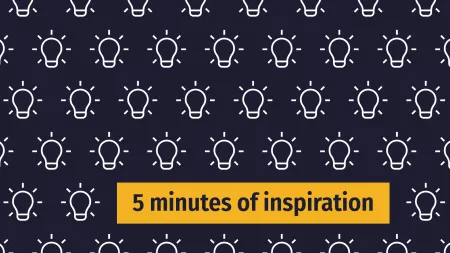In July 2018, CARE International in Uganda conducted a case study, funded by ECHO, on how an Engaging Men and Boys approach can be used in a refugee context. The Role Model Men approach is usually implemented as development, spanning several years. However, CARE wanted to learn more deeply how this can work in a refugee setting, building upon previous experience from ECHO and UNFPA funded projects.
CARE International in Uganda has been engaging in the Role Model Men approach since 2010, first focusing on the post-conflict environment. In total, CARE has trained 1,105 Role Model Men and Boys across West Nile region who have mentored over 11,050 men and boys in over 8 projects.
The case study indicated positive changes in the lives of Role Model Men (RMM), their families, and community members. This includes a change in gender attitude, for example, viewing women as partners, rather than property. In addition, their behavior has changed, taking children to school, accompanying wives to health centers, and sharing domestic chores.
"I am a transformed man; I want to be exemplary in my community.... I teach my son everyday to support the women and girls in our lives because our family’s success depends on it," said one participant.
What have we accomplished?
- Role Model Men families are happier and safer: Wives felt their partners have gone through positive changes personally and at the household level. They also feel safer as men have taken potentially dangerous household chores, like collecting firewood.
"Changes [...] has reduced the workload on each family member and ... we are peacefully coexisting with each other," said the wife of a RMM.
- Men inspire each other to change: The Role Model Men are getting their neighbors to change.
"Yes they have changed the way I am seeing and I am also copying from them (me neighbor) [...], nowadays I can help my wife to fetch water, sweeping the compound, cooking, and bathing the children," said Richard, male neighbor of a RMM.
- Women have more free time: Women have time to socialize or start businesses and earn money because their husbands are sharing household chores.
"Now I am able to at least create my own jobs, like making [a] kitchen garden which makes me earn some money to help my family," said Mary, wife of a RMM.
- Violence is going down: Participants across the board noted fewer cases of GBV in their area. This was coupled with taking the opportunity to use GBV reporting desks and the community calling upon Role Model Men to mediate in simple GBV cases and public disputes.
"Before the training, some[...] men used to really mistreat their wives. But after the training, [things] have changed," said a female community member.
- Host and refugee populations are becoming friends: Host families have offered land to refugees and supported each other during funerals and celebrations.
"My wife and I decided to offer 6 acres of land to 6 refugee families.... Through this, 8 other families have offered land to refugees at no cost," said Gabriel, Host RMM.
How did we get there?
- Training and Mentorship: Each Role Model Man went through a 1-week training on the Role Model Men Approach and continued to receive one-on-one and group mentorship with CARE staff. In addition, trainings and mentorship were always combined, refugee and host, never separated.
- Integration: Role Model Men were integrated into the implementation of other CARE projects in West Nile, including SRH, livelihoods, and Community Safety Action Groups.
- Introduced to UNHCR and Government Agencies: The trained Role Model Men were introduced to UNHCR and the Office of the Prime Minister (the Uganda Government branch for refugee services) as a form of awareness. Role Model Men were later invited to attend settlement meetings and voice their opinion. As a result, the Role Model Men have been viewed as leaders by authority actors and are often called upon. Some Role Model Men have been elected to the Refugee Welfare Council due to their exemplary behavior.
Want to learn more?
Read more stories and research.
